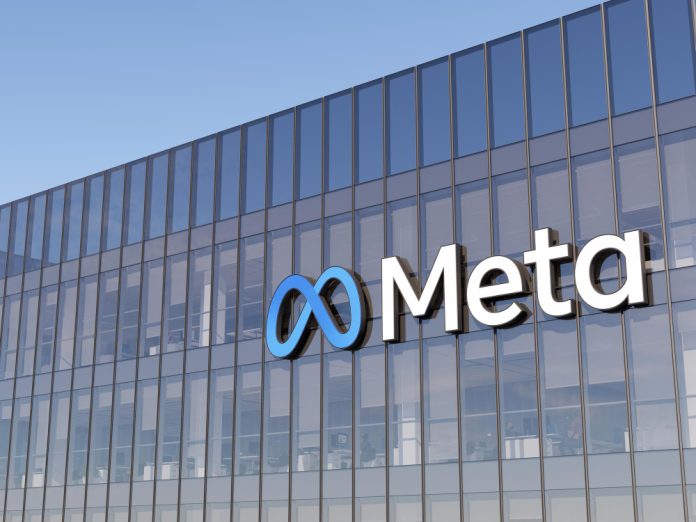Meta Platforms, Inc. (NASDAQ:META) debuted the initial iterations of its latest large language model, Llama 3, alongside an image generator capable of updating images in real-time as users input prompts. This release marks Meta’s effort to compete with the leading generative AI provider, OpenAI.
The newly introduced models will be integrated into Meta AI, the company’s virtual assistant, positioned as one of the most advanced among its free-to-use counterparts. Meta AI will receive heightened visibility across Meta’s suite of platforms, including Facebook, Instagram, WhatsApp, and Messenger, as well as through a standalone website, positioning it as a direct competitor to Microsoft-backed OpenAI’s ChatGPT.
Meta equipped Llama 3 with enhanced coding capabilities, incorporating both text and image data during training. However, the current version outputs text only, with plans for subsequent versions to support multimodal generation, producing both text and images. Meta’s Chief Product Officer, Chris Cox, emphasized the goal of streamlining users’ tasks, such as interacting with businesses and planning activities.
The integration of images into Llama 3’s training data will enhance Meta AI’s functionality, particularly in the upcoming update for Ray-Ban Meta smart glasses, enabling object recognition and real-time responses to user queries. Additionally, Meta announced a partnership with Alphabet’s Google to incorporate real-time search results into Meta AI’s responses, expanding its capabilities further.
Meta AI’s reach will extend to over a dozen markets outside the U.S., including Australia, Canada, Singapore, Nigeria, and Pakistan. However, Meta continues to navigate the complexities of privacy regulations, particularly in Europe.
To address concerns about model comprehension, Meta emphasized using high-quality data to train Llama 3, including synthetic data to enhance coding and reasoning capabilities. This approach aims to mitigate issues observed in previous versions, ensuring improved contextual understanding.
Despite the advancements, Meta remains committed to providing free access to its AI models, emphasizing their widespread utility while acknowledging ongoing challenges in data sourcing and model comprehension.
Featured Image: Freepik















